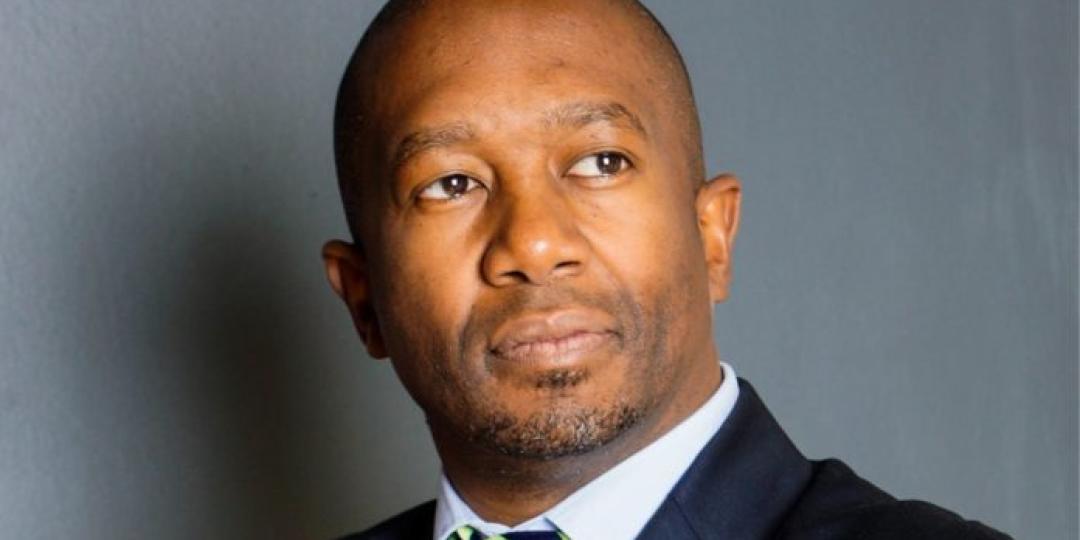Many European countries experienced their COVID-19 peaks earlier this year, and then reopened their borders as soon as case numbers dipped to salvage what remained of the summer tourist season.
Now, several of those countries are seeing a new surge in infection numbers and some have restricted travel through their borders. Should South Africa see this as a warning, when there is a large body of opinion pressing government to reopen South Africa’s borders?
On August 22, Germany recorded its highest daily infection rate since April, with 2 034 new cases, according to a report from the Financial Times. Last week France recorded its highest daily totals since May, and Greece reported a daily record of 269 cases on August 20. Spain recorded 150 cases per 100 000 in the last two weeks, according to the EU Centre for Disease Prevention and Control.
Sisa Ntshona, CEO of SA Tourism, told Tourism Update: “We are learning a lot from the Northern hemisphere about what and what not to do. The Northern hemisphere was under pressure to open up first, because it was the summer/beach season.
“In South Africa, we know that we will open up borders when we get to level one. But the key thing to keep in mind is that we are still in the top-five list of numbers of infections in the world.
“As long as we are on that list, a lot of countries will probably impose travel advisories on us, meaning their citizens will not be allowed to travel here and South Africans will not be welcome in those countries because they pose a risk there. The key focus is to get out of that top-five list,” he said.
Monika Iuel, CEO of Private Safaris, pointed out that if the movement of people increased, there would be additional contact and infections, but there were differences to be considered.
“The EU had a very low-level infection rate up until now and South Africa has one of the highest in the world. So the likelihood of us being exposed more greatly by having those countries visit us is unlikely. You already have 64 million people moving around the country with high case numbers and, thankfully, low fatality rates, so I would question whether another 100 000 Germans is make or break,” she said.
“I think what is most concerning is that it’s an indication of how nervous the EU governments are around these numbers,” Iuel continued. “There’s a real commercial risk for the industry if we don’t have a government that is willing to stick to its decision to open up. The only thing worse than staying shut is reopening and then being forced to shut again. That would decimate even more of the supply chain than just staying shut.”
Chairperson of the Board of Airline Representatives of South Africa, Carla da Silva, noted the differences between South Africa and the EU. Firstly, she said, not all EU countries had adhered to wearing masks and social distancing, while South Africa had implemented a compulsory mask adherence law. Secondly, Europe is more densely populated than South Africa.
Da Silva said the European governments also understood the importance of tourism and aviation as an economic catalyst for the health of an economy. “The governments have helped their citizens extensively from a financial perspective,” she added, citing the example of the UK government saying it would pay grants of up to 80% of workers’ salaries if companies kept them on the payroll.
“European governments have all come to the aid of the aviation industry because it is clearly understood that aviation is an economic catalyst. The aviation Industry is one of the most regulated industries in the world and aircraft do not spread disease. It is people who do it.
“We have pleaded with government, submitting letters to the Office of President, the Department of Transport, Tourism and others, along with presentations to the relevant committees, with the objective of supporting government’s agenda of saving lives, and also livelihoods,” Da Silva said. “We have proposed a phased, responsible approach, with all the protocols that we are currently using on repatriation and cargo flights, to government.”
What is the cost to South Africa of a long delay in reopening airports to international passenger flights? “We are at risk of losing our hub status into Africa. Airlines are downsizing, retrenching and this is happening at grassroots level. I am not sure that the importance of aviation and its benefits, job creation and significant contribution to the GDP, is understood or appreciated. There are discussions taking place of stopping all airline operations to South Africa if the government does not open up borders very soon,” Da Silva said.
Tourism consultant and keynote speaker, Robyn Christie, told Tourism Update that while reopening the borders was not without risk, comparing South Africa’s borders with Europe’s may not be a fair comparison. “South Africa is long haul, and we will not enjoy that same influx of tourists and business travellers. The reality is that, economically, we cannot isolate ourselves for much longer.”
She added that the world had come a long way in designing protective measures to mitigate the threat of infection; countries, airlines and the entire supply chain had put in place sophisticated protocols to manage the risk. “Perhaps the challenge we have now is convincing the government, business and travellers just how safe it is to travel,” said Christie.






















